The Book vs. the Movie [1/2]: Lolita (1962): the Kubrick's version | la versión de Kubrick
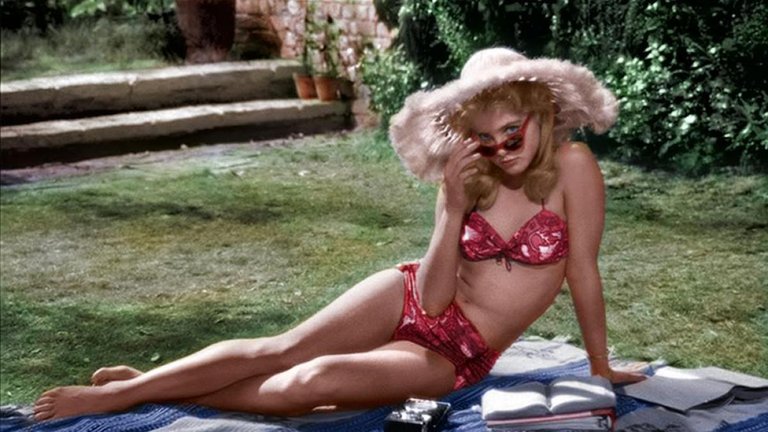
¿Cómo hicieron una película de Lolita?
There has always been the temptation to bring successful books to the screen. With limitations of time and format, screenwriters and directors around the world have always looked for a way to transform a story that is on paper into something more live, more real. And when the success of a book is due, in large part, to its controversy, it's doubly tempting, especially for directors who are more open, less timid, or who openly enjoy provoking audiences and critics by doing what no one else would do.
Siempre ha existido la tentación de llevar a la pantalla los libros que han sido exitosos. Con limitaciones de época y formato, los guionistas y directores del mundo siempre han buscado la forma de transformar una historia que está sobre el papel en algo más vivo, más real. Y cuando el éxito de un libro se debe, en gran parte, a su polémica, resulta doblemente tentador, sobre todo para directores que son más abiertos, menos timoratos o que abiertamente disfrutan provocando al público y a la crítica haciendo lo que nadie más haría.
Stanley Kubrick is one of the most iconic film directors in history, remembered above all for works like A Clockwork Orange and 2001: A Space Odyssey, or some later ones like Barry Lyndon, The Shinning and Full Metal Jacket (what a filmography!), but a few decades ago, after having made three great films (The Killing, Paths of Glory and the epic Spartacus) Kubrick took a gamble by betting on the film adaptation of a controversial book: Lolita, by the Russian writer Vladimir Nabokov. Since its appearance in 1955, the novel gave a lot of talk because it raised one of the themes that - according to its author - were forbidden to North Americans at that time: a pedophile relationship between an adult man and a young teenage girl (the other two themes were: an interracial marriage that had a happy ending; and the story of a confessed atheist for whom everything turned out well). Professor Humbert Humbert, the book's protagonist, arrives in Ramsdale, New England, for reasons related to his academic work and there he stays at the house of Charlotte Haze, a widow who has a daughter who - in the book - is barely twelve years old when Humbert arrives. The girl's name is Dolores. Dolly. Lo. Lolita. Impressed with the nymphality of the girl (a term explained extensively in the book, but not in the film) to whom he's sexually attracted, Humbert begins to desperately want to be closer and closer to her.
Stanley Kubrick es uno de los directores de cine más icónicos de la historia, recordado sobre todo por trabajos como A Clockwork Orange y 2001: A Space Odyssey, o algunos posteriores como Barry Lyndon, The Shinning y Full Metal Jacket (¡menuda filmografía!), pero algunas décadas atrás, después de haber hecho tres grandes películas (The Killing, Paths of Glory y la épica Spartacus) Kubrick se la jugó apostando a la adaptación cinematográfica de un libro controversial y polémico: Lolita, del escritor ruso Vladimir Nabokov. Desde su aparición en 1955, la novela dio mucho de qué hablar porque planteaba uno de los temas que - según su autor - estaban prohibidos para los norteamericanos en esa época: una relación pedófila entre un hombre adulto y una joven adolescente (los otros dos temas eran: un matrimonio interracial que tuviera un final feliz; y la historia de un ateo confeso a quien todo le saliera bien). El profesor Humbert Humbert, protagonista del libro, llega a Ramsdale, en New England, por motivos relacionados con su trabajo académico y allí se hospeda en la casa de Charlotte Haze, una mujer viuda que tiene una hija que - en el libro - tiene apenas doce años cuando llega Humbert. El nombre de la niña es Dolores. Dolly. Lo. Lolita. Impresionado con la ninfulidad de la niña (término explicado extensivamente en el libro, no así en la cinta) que lo atrae sexualmente, Humbert comienza a desear desesperadamente estar cada vez más cerca de ella.
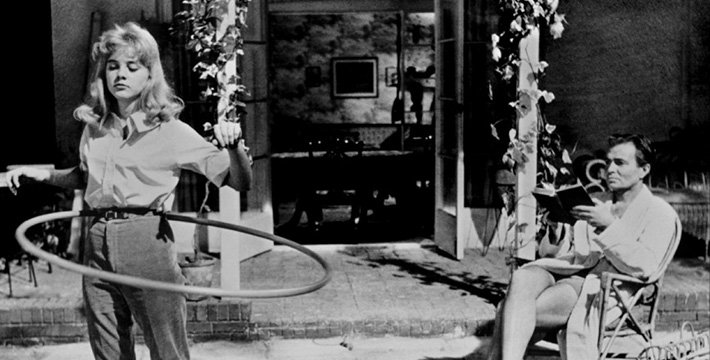
Yes, Nabokov dared to tell this story in the mid-conservative fifties, but if the book has survived time, censorship and the moral condemnation of millions of people, it's because the Russian's work is much more than the relationship between Humbert and Lolita. The novel is also a social critique, a portrait of madness, a road-movie, a work with irony, a lot of black humor and a very well-made work aesthetically. Many have called it "the great American novel of the 20th century" and they may be somewhat right, but most only remember or emphasize the incestuous and perverse aspect of the story.
Sí, Nabokov se atrevió a mediados de los conservadores años cincuenta a contar esta historia, pero si el libro ha sobrevivido al tiempo, la censura y la condena moral de millones de personas es porque la obra del ruso es mucho más que la relación entre Humbert y Lolita. La novela es también una crítica social, un retrato de la locura, una road-movie, una obra con ironías, mucho humor negro y una obra estéticamente muy bien hecha. Muchos la han llamado "la gran novela americana del siglo XX" y algo de razón pueden tener, pero la mayoría sólo recuerda o enfatiza el aspecto incestuoso y perverso de la historia.
And less than ten years later, Kubrick dared to bring this story to the big screen. The director had the great support of Nabokov himself to adapt his novel. The first script that the Russian did was enough for nine hours of film and - in Kubrick's own words - "it was one of the best scripts he had ever read". However, it was necessary to reduce it, for obvious reasons, and change some things due to the time and film censorship. At the time, there was no classification that we have today in movie theaters in which the audience could be segmented according to their age and the content of each film. In those years, the film could be shown or not, that was it, and logically no one in their right mind was going to allow an adult of almost forty years old kissing a young girl under fifteen to be shown on a giant screen, which doesn't mean the final product was completely conservative (for example, the film opens with a shot of Lolita's feet having their nails painted by an adult hand). So some things had to be changed, as in any adaptation, but doing so mutilated the spirit of the novel and the story. For example, the girl's age changed from twelve to fourteen (although it doesn't make much difference to the central controversy of the plot), the journey of the second part of the book is practically not seen and was omitted - unforgivably in my opinion - Humbert's psychiatric past who had been hospitalized several times before arriving at Ramsdale. In Nabokov's novel, Humbert is aware at all times of his deviance, of his historical madness, and of the perverse nature of his sexual inclinations, but we don't see it that way in Kubrick's film.
Y menos de diez años después, Kubrick se atrevió a llevar esta historia a la gran pantalla. El director contó con el gran respaldo del propio Nabokov para adaptar su novela. El primer guión que hizo el ruso daba para nueve horas de cinta y - en palabras del propio Kubrick - "era uno de los mejores guiones que había leído". Sin embargo, fue necesario reducirlo, por razones obvias, y cambiar algunas cosas debido a la época y a la censura cinematográfica. Para la época no existía la clasificación que tenemos hoy día en las salas de cine en la cual puede segmentarse al público de acuerdo a su edad según el contenido de cada película. En aquellos años, la película se podía exhibir o no se podía exhibir, y lógicamente nadie en su sano juicio iba a permitir que se mostrara en pantalla gigante a un adulto de casi cuarenta años besando a una joven menor a quince, lo que no quiere decir que el producto final fuese del todo conservador (por ejemplo, la cinta abre con la toma de los pies de Lolita a los que una mano adulta le pinta las uñas). Así que hubo que cambiar algunas cosas, como en cualquier adaptación, pero al hacerlo se mutiló el espíritu de la novela y de la historia. Por ejemplo, la edad de la niña de cambió de doce a catorce (aunque no se menciona abiertamente y tampoco hace gran diferencia para la polémica central de la trama), el viaje de la segunda parte del libro prácticamente no se ve y se omitió - imperdonablemente en mi opinión - el pasado psiquiátrico de Humbert quien había estado internado varias veces antes de llegar a Ramsdale. En la novela de Nabokov, Humbert es consciente en todo momento de su desviación, de su histórica locura y de la naturaleza perversa de sus inclinaciones sexuales, pero no se ve así en la película de Kubrick.

Another episode that is omitted in this version is Humbert's teenage romance with Annabel, something like Lolita's ancestor, a girl his age whom he loved at the age of fourteen before she died of typhus. Without those two backgrounds, Humbert's fascination with Lolita seems like a whim or a perversion and nothing more. It is not that it's a small thing or that madness is redeeming, but it does condition the reading of the essence of the protagonist character whose inner world is much more complex than what is seen on the screen.
Otro episodio que es omitido en esta versión es el romance adolescente de Humbert con Annabel, algo así como la antecesora de Lolita, una niña de su edad a quien amó a los catorce años antes de que ella muriera de tifus. Sin esos dos antecedentes, la fascinación de Humbert por Lolita parece un capricho o una perversión y nada más. No es que sea poca cosa o que la locura sea redentora, pero sí condiciona la lectura de la esencia del personaje protagonista cuyo mundo interior es mucho más complejo que lo que se ve en la pantalla.
It's true that it's difficult to adapt Humbert's extensive internal monologues to the cinema and although I don't like voice-overs in films, I can't think of any other way to peek a little into the musings of the main character in a novel that, in addition, It's written in first person. For that reason, for that internal boiling that the book reflects, I think I expected a more hysterical, somewhat desperate Humbert, let's say less restrained than the character in the movie seemed to me. Knowing already that, by removing these elements by choice of the filmmakers and stripping Lolita of the openly erotic scenes due to censorship, the version on screen is a different story, we can talk about the result trying to avoid comparisons (which we won't always achieve). I didn't really like James Mason as Humbert, nor Shelley Winters as Charlotte (although I do think she did better), but the one I liked the least was Peter Sellers as Quilty. I found him very cartoonish and too present throughout the film to be a secondary character. Who I do think did well was Sue Lyon as Lolita, understanding that we are talking about the Lolita that the censorship allowed to show and not the one in Nabokov's novel, but the evolution of her relationship with Humbert seemed a little accelerated to me and in certain ways passages it seemed that this evolution was brought about more by her than by the manipulations of the protagonist.
Es cierto que es difícil adaptar al cine esos extensos monólogos internos de Humbert y aunque no me gustan las voces en off en las películas, no se me ocurre otra forma de asomarnos un poco a las elucubraciones del personaje principal en una novela que, además, está escrita en primera persona. Por esa razón, por esa ebullición interna que refleja el libro, creo que esperaba un Humbert más histérico, algo desesperado, digamos menos contenido de lo que me pareció el personaje de la película. Sabiendo ya que, quitando estos elementos por elección de los realizadores y desvistiendo a Lolita de las escenas abiertamente eróticas debido a la censura, la versión en pantalla es una hsitoria diferente, podemos hablar del resultado tratando de evitar las comparaciones (lo que no siempre vamos a conseguir). No me gustó mucho James Mason como Humbert, ni Shelley Winters como Charlotte (aunque sí creo que ella lo hizo mejor), pero el que menos me gustó fue Peter Sellers como Quilty. Me resultó muy caricaturesco y demasiado presente en toda la película para ser un personaje secundario. Quien sí creo que lo hizo bien fue Sue Lyon como Lolita, entendiendo que estamos hablando de la Lolita que la censura permitía mostrar y no la de la novela de Nabokov, pero la evolución de su relación con Humbert me pareció un poco acelerada y en ciertos pasajes parecía que esa evolución era propiciada más por ella que por las manipulaciones del protagonista.

That doesn't mean that the script is a bad script either (in fact it was nominated for an Oscar). One of the things I applaud about this Nabokov-Kubrick version is the choice to have started the film with the murder of Quilty (which in the novel occurs almost at the end) because that generates an initial intrigue and gives it greater rhythm than the one that would have had if it had begun as the book begins, with that extensive introduction of the characters and the drama.
Tampoco eso significa que el guión sea un mal guión (de hecho estuvo nominado al Oscar). Una de las cosas que le aplaudo a esta versión Nabokov-Kubrick es la elección de haber comenzado la película con el asesinato de Quilty (que en la novela ocurre casi al final) porque eso genera una intriga inicial y le da mayor ritmo que el que hubiera tenido si hubiera comenzado como comienza el libro, con esa extensa introducción de los personajes y el drama.
I know there's a remastered colorized version of this story, but the version I saw was the original in black and white with cinematography by Oswald Morris and music by Nelson Riddle. If it were not so infamously famous, Lolita would be a cult novel, and so would its adaptation to the big screen. But, perhaps due to the fame of its director, that of its author, or some other reason that escapes me, the film was well received by critics and the public (not unanimously, of course), received nominations and awards and became part of the collective imagination that allowed itself to wonder, as one of the film's posters indicates, "How could they make a movie of Lolita?", but who never asked itself "How could we allowed us to see it?" The success of the film served to further raise the fame of Nabokov's novel - and also its moral condemnation - and that of Stanley Kubrick who, years later, confessed that if he had known all the changes he would had to do to the story to avoid censorship, he wouldn't have done it, what would that entirely free version of Kubrick have been like? We will never know, but the director left us this adaptation more than sixty years ago of one of the most controversial novels in universal literature. Have any of you seen this film? Have you read Nabokov's novel? What opinion do you have about it? I read you in the comments.
Sé que existe una versión remasterizada a color de esta historia, pero la versión que vi fue la original en blanco y negro con fotografía de Oswald Morris y música de Nelson Riddle. Si no fuese tan infamemente célebre, Lolita sería una novela de culto, y también su adaptación a la gran pantalla. Pero, quizás a la fama de su director, la de su autor, o a alguna otra razón que se me escapa, la película fue bien recibida por la crítica y el público (no de forma unánime, por supuesto), recibió nominaciones y premios y pasó a formar parte del imaginario colectivo que se permitió preguntarse, como lo indica uno de los posters de la cinta, "¿Cómo pudieron hacer una película de Lolita?", pero quien nunca se preguntó a sí misma "¿Cómo nos permitimos verla?" El éxito de la película sirvió para elevar aún más la fama de la novela de Nabokov - y también su condena moral - y la de Stanley Kubrick que, años más tarde, confesó que de haber sabido todos los cambios que iba a tener que hacer a la historia para evitar la censura, no la habría hecho, ¿cómo hubiera sido esa versión enteramente libre de Kubrick? Jamás lo sabremos, pero el director nos legó esta adaptación hace más de sesenta años de una de las novelas más controvertidas de la literatura universal, ¿alguno de ustedes ha visto esta película? ¿han leído la novela de Nabokov? ¿qué opinión tienen al respecto? Los leo en los comentarios.
Reseñado por @cristiancaicedo
Other posts that may interest you | Otros posts que pueden interesarte:
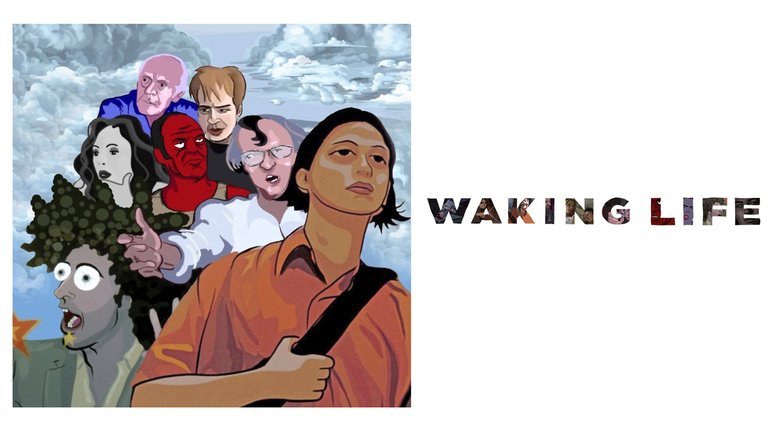 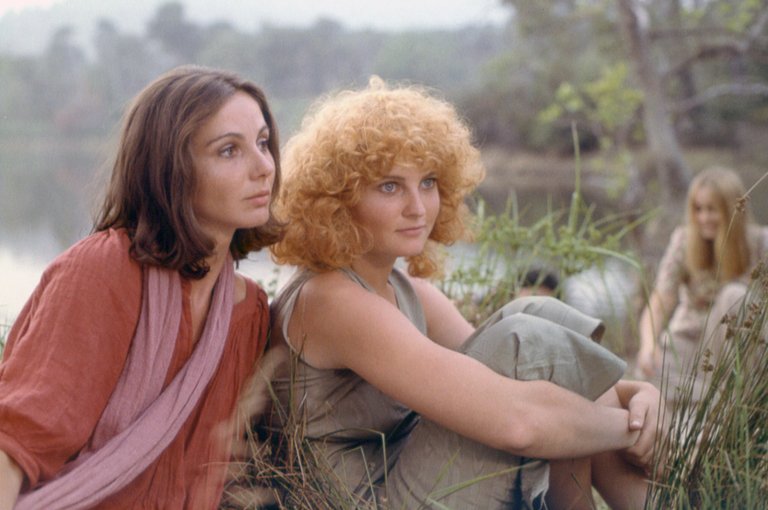 |
|---|
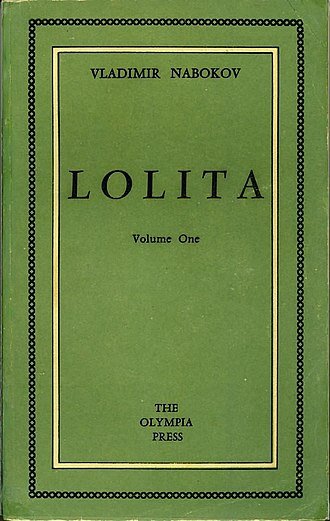

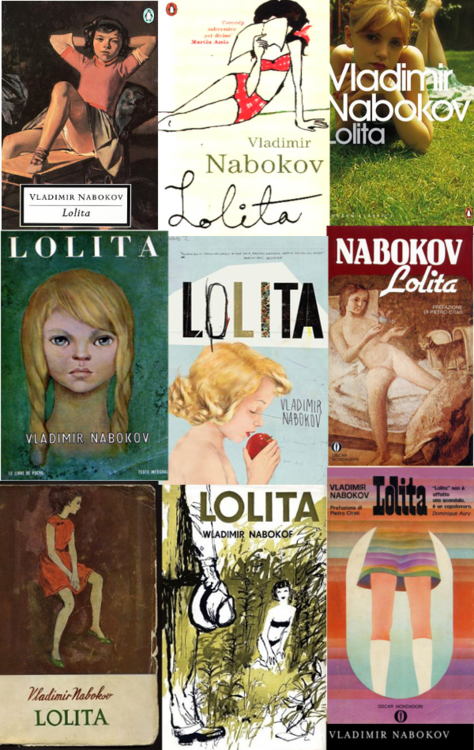
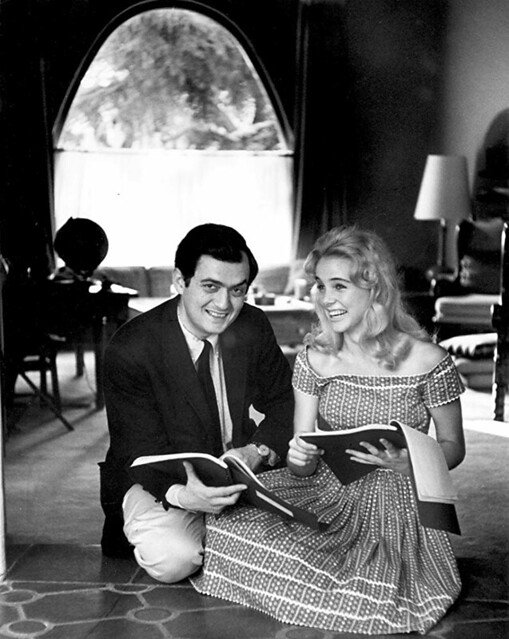
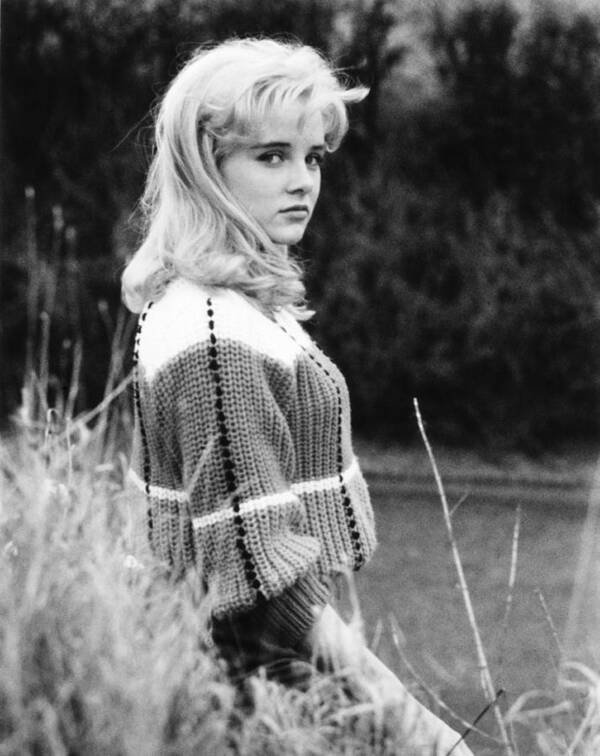
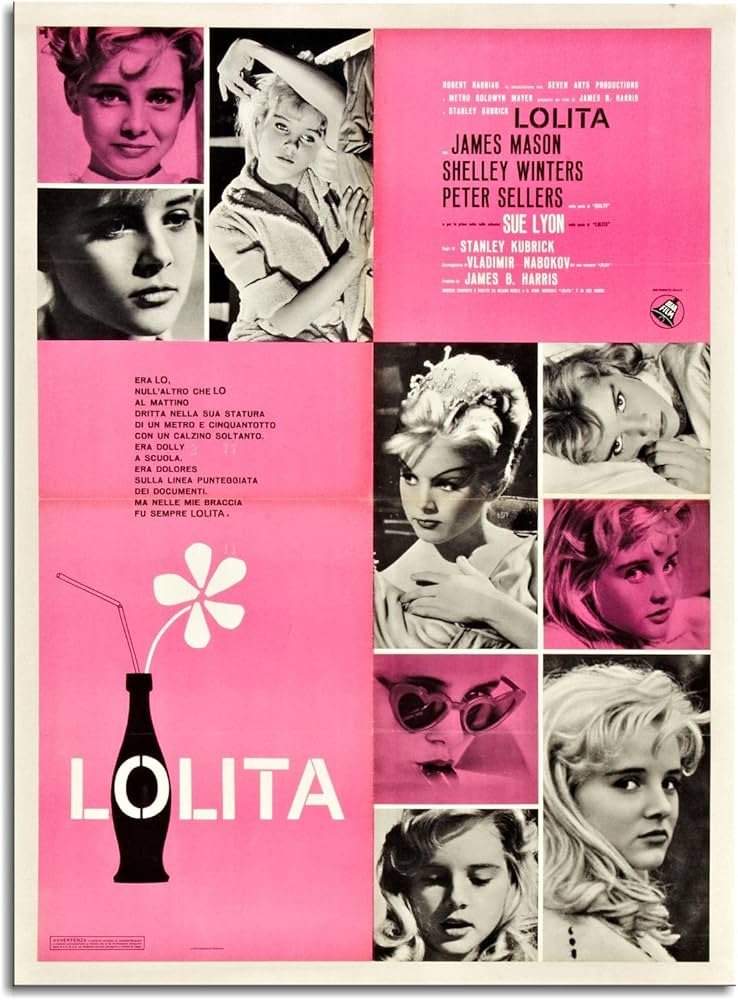
From Venezuela, our witness drives decentralization and the adoption of Web3 technology, creating opportunities for the local community and contributing to the global ecosystem. // Desde Venezuela, nuestro testigo impulsa la descentralización y la adopción de la tecnología Web3, generando oportunidades para la comunidad local y contribuyendo al ecosistema global.
Sigue, contacta y se parte del testigo en: // Follow, contact and be part of the witness in: